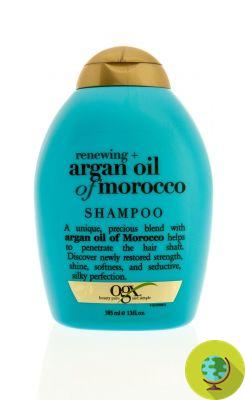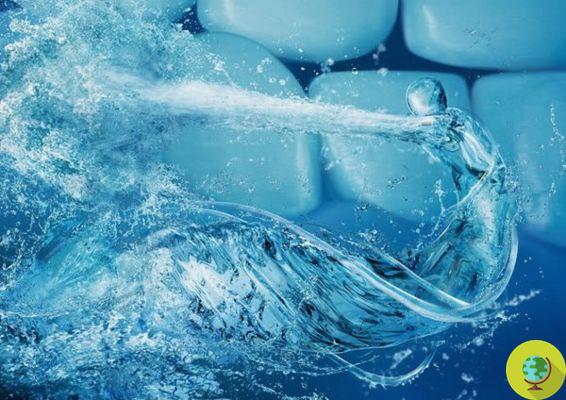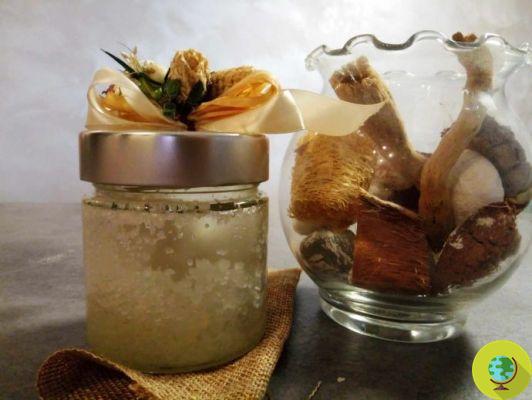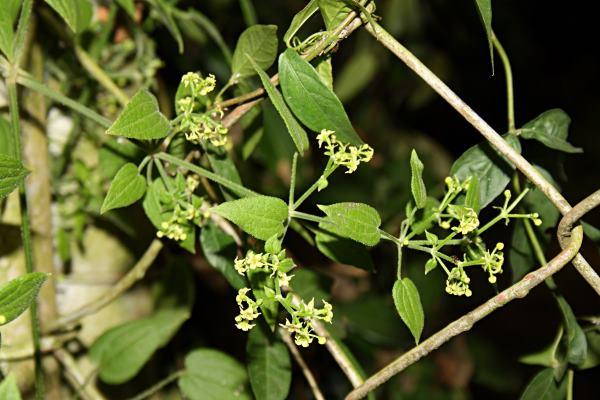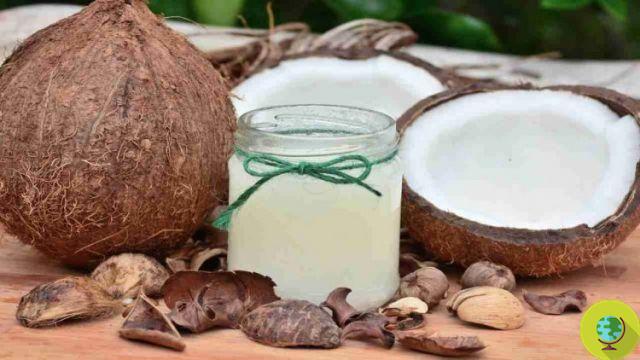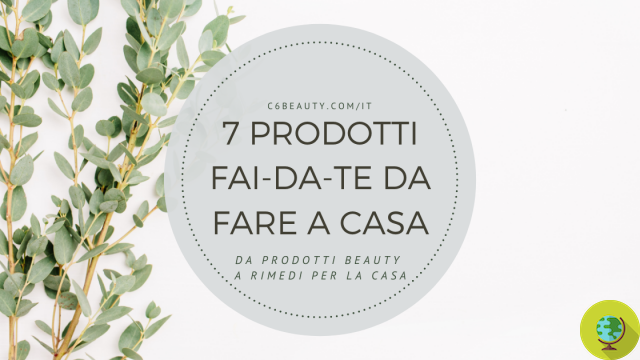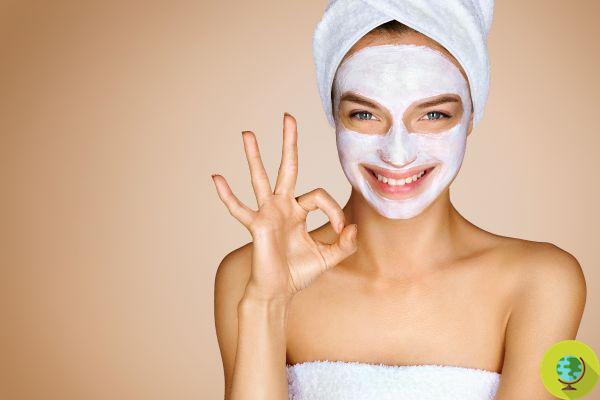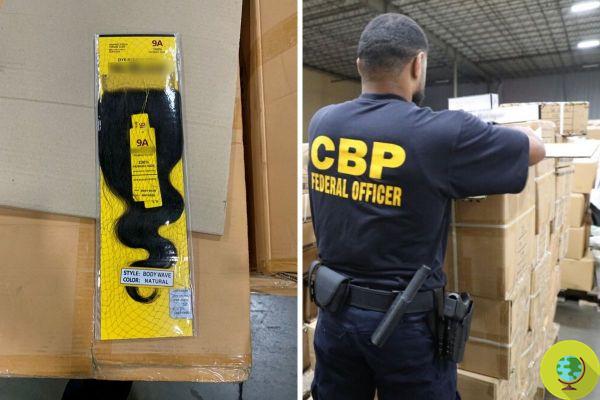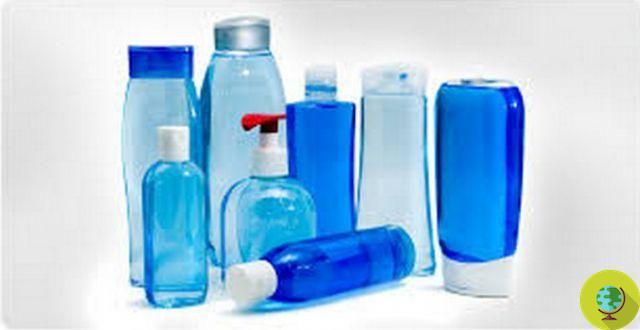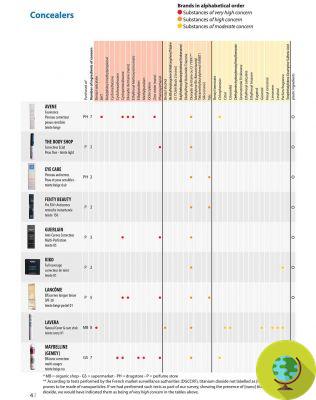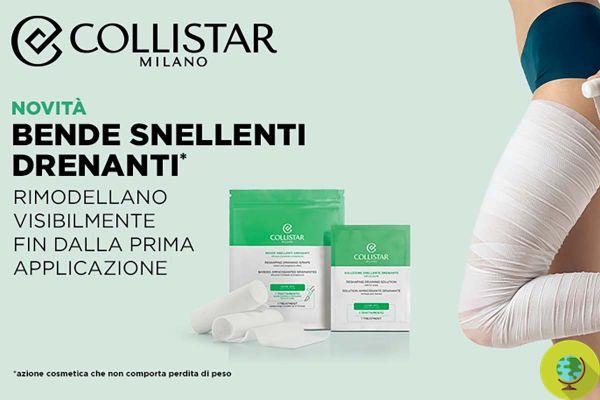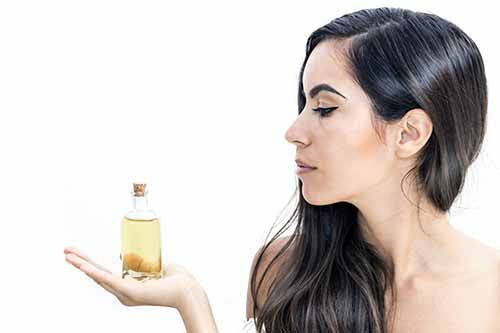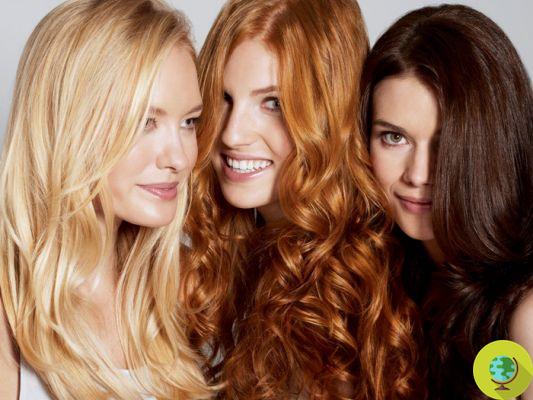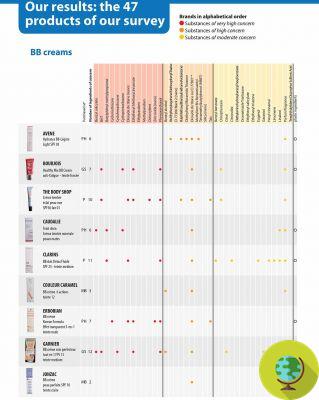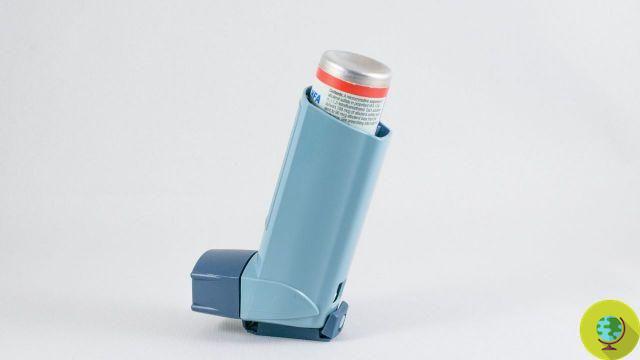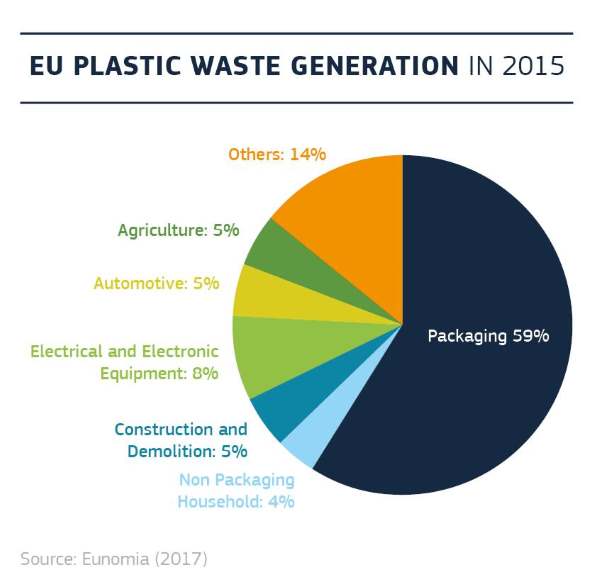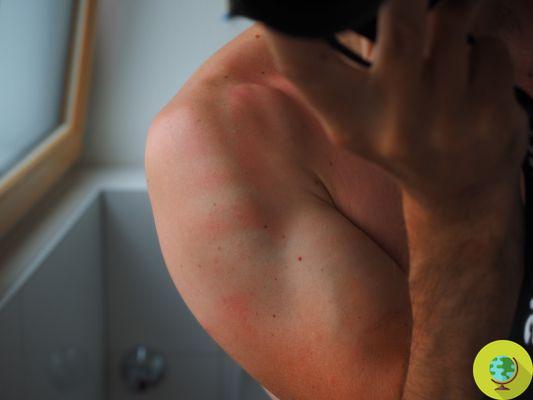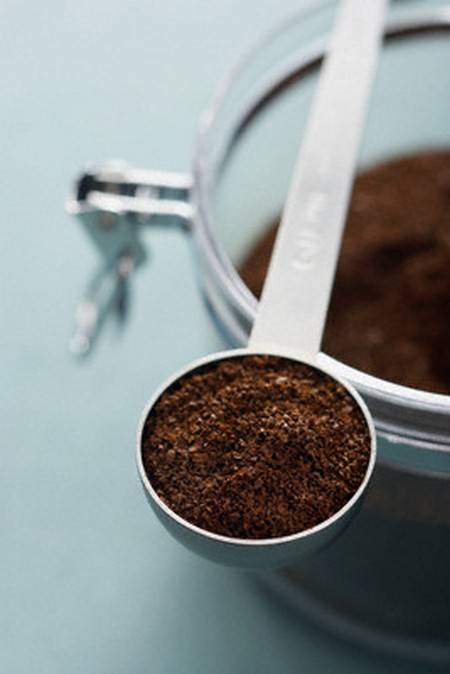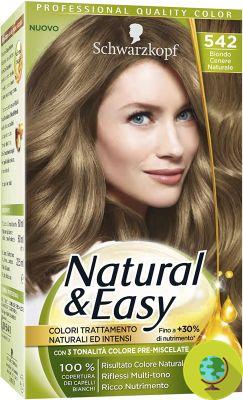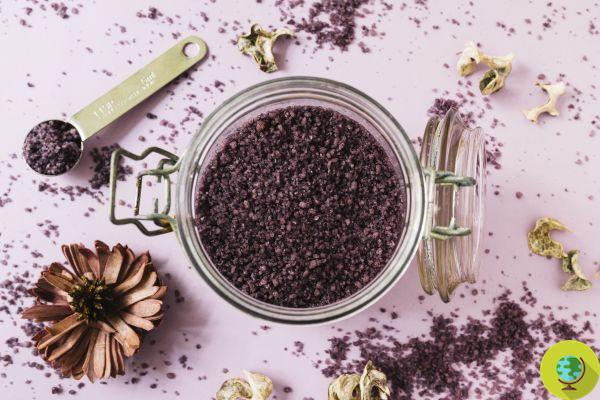
Microplastics in cosmetics, the time has come for multinationals to disclose the damage they are causing to the marine ecosystem and to the entire planet due to pollution.
Microplastics in cosmetics, the time has come for them multinationals disclose the damage they are causing to the marine ecosystem and to the entire planet due to the pollution caused by plastic particles.
In the United Kingdom the largest companies in the sector have been accused of hiding the truth from consumers on microplastics as they refused to appear in Parliament to officially answer questions about the impact of their cosmetic products on the ecosystems of the seas and oceans.
The UK Environment Commission is taking action to investigate this issue, but Procter & Gamble, Reckitt Benckiser, L'Oreal, Unilever e Johnson & Johnson for the moment they have refused the invitation to cooperate.
The meeting will take place anyway but the companies will not be present. Representing them will be John Chave, general manager of Cosmetics Europe, and Chris Flower, director of the Cosmetics, Toiletry and Perfumery Association.
Johnson & Johnson, L'Oreal and Unilever have entrusted the associations that will represent them with written documentation on the subject. The United States is already working on a ban on microplastics in cosmetic products, and two thirds of British citizens support this decision.
Microplastics are mainly used in the form of microspheres in toothpastes and exfoliating products, but many companies have already found sustainable alternatives to replace them.
Read also: MICROPLASTICS KILL FISH: CONFIRMATION IN A NEW STUDY
Some companies they have already banned microplastics or have set a date from which the ban on their inclusion in products will take effect. According to Kerry McCarthy, shadow secretary for the environment in the UK, microplastics should be banned immediately because they are polluting national and international waters. In his opinion microplastics in cosmetics are useless, companies can do without it and it's time to take action.
Meanwhile Johnson and Johnson has promised to remove all microplastics from their products worldwide by the end of 2017. Reckitt Benckiser will complete the ban on microplastics by the end of 2018.
Read also: LAKE GARDA LIKE THE SEA: POLLUTED BY MICROPLASTICS
Unilever banned plastic microspheres from scrubs in 2014. Yet the problem continues. Obviously, microplastics are present in more cosmetic products than we think and their use is still widespread. Waiting for multinationals and governments to really intervene to stem the problem, better if in doubt do not buy scrubs, toothpastes and other products with plastic microgranules
Marta Albè




